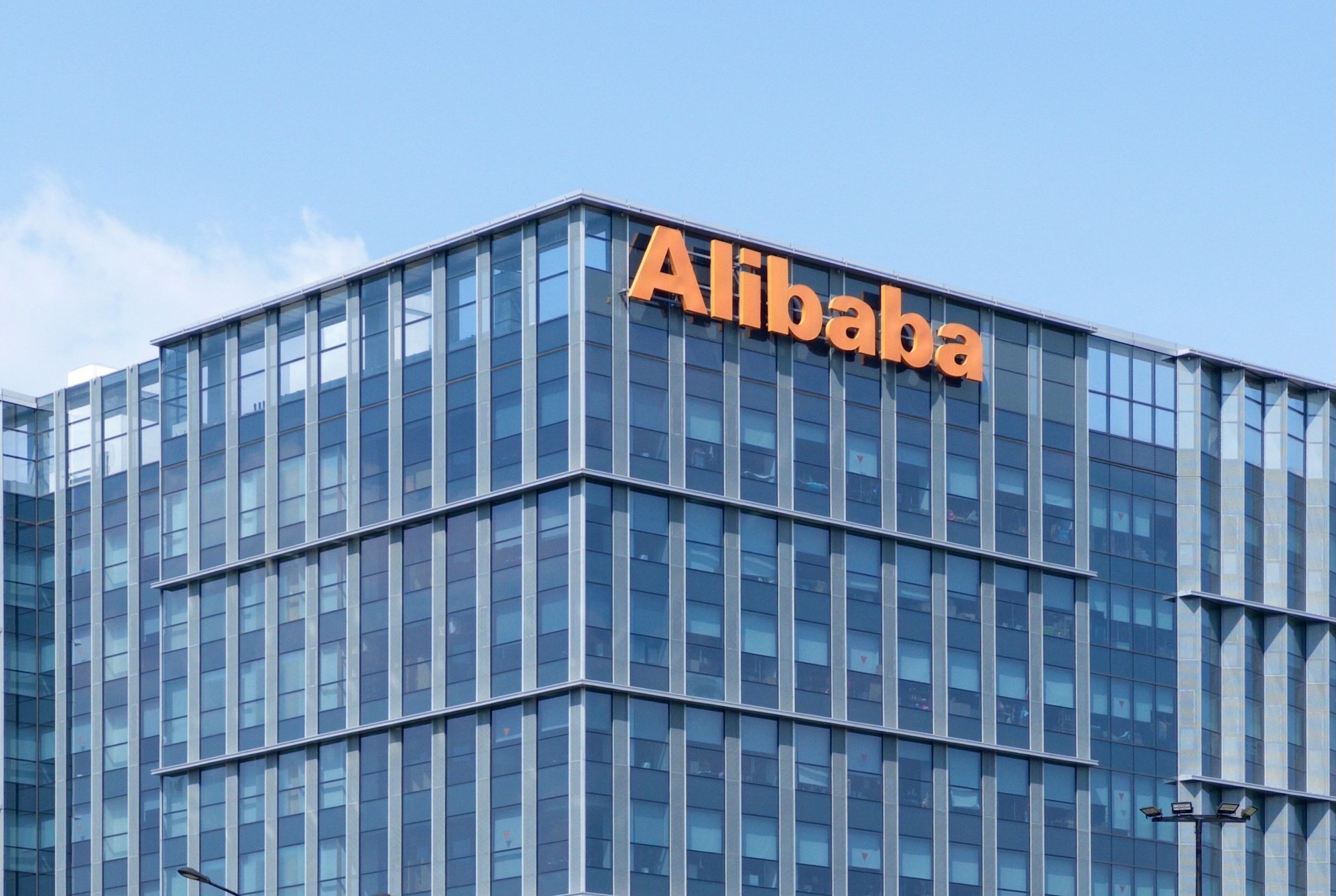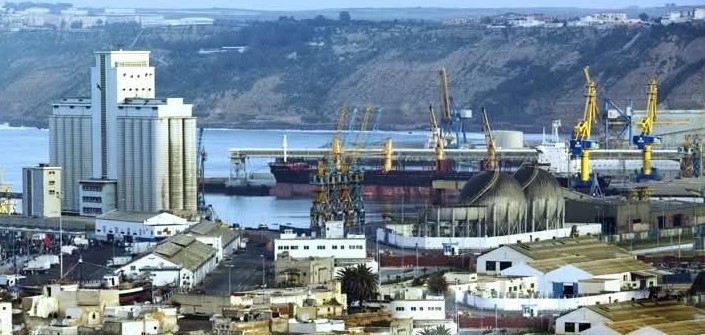Casablanca – In a strategic move that marks its first foray into Africa, Alibaba, the Chinese e-commerce giant, has officially launched operations in Morocco. The announcement, made during a signing event held in Casablanca on December 18, 2024, has significant implications for Morocco’s position in the global trade landscape, particularly in expanding local businesses’ access to international markets.
The launch of Alibaba’s platform in Morocco is poised to be a major boost for the country’s economy, as the e-commerce platform opens up a new avenue for Moroccan small and medium-sized enterprises (SMEs) to expand their reach, especially into North America. With over 47 million active users worldwide, Alibaba is the largest business-to-business (B2B) marketplace globally, and its platform offers Moroccan businesses unprecedented opportunities for international trade.
Strategic location and strong infrastructure
Morocco’s strategic location, combined with its modern infrastructure, including the Tanger Med Port— the largest container port in the Mediterranean region— made it an ideal launch site for Alibaba’s African operations. Alibaba’s European director, Giancarlo Pastano, emphasized the significance of the country’s diverse industries and high-quality products, noting that these attributes align with the company’s ambitions to connect international buyers with Moroccan sellers.
In addition to its geographical advantages, Morocco’s government has worked to diversify export markets beyond the European Union, and Alibaba’s entry into the Moroccan market aligns perfectly with these goals. The partnership is expected to increase Moroccan exports to various regions, particularly North America, where a substantial portion of Alibaba’s buyer base resides.
Supporting Moroccan businesses through digital transformation
To support the digitalization of Moroccan companies, Alibaba has partnered with Clementia, a local firm specializing in digital solutions. This partnership aims to assist Moroccan businesses in creating digital storefronts on Alibaba’s platform, thereby enhancing their ability to reach international buyers and increase their export potential.
The government’s push to promote digital trade and e-commerce as a vital component of Morocco’s future growth is reinforced by the partnership. With e-commerce now representing approximately 22% of global trade, the Moroccan government is making strategic efforts to ensure local businesses remain competitive in the evolving global marketplace.
Expanding Morocco’s export footprint
While fewer than 30 Moroccan companies are currently active on Alibaba’s platform, the launch of localized services and increased exposure is expected to significantly grow this number. By connecting local businesses to global supply chains, Alibaba is helping Morocco strengthen its presence on the world stage and boost its export industry.
In addition to the economic impact of expanding Moroccan exports, the entry of Alibaba is expected to catalyze growth in key sectors, including textiles, handicrafts, food processing, and IT services. Many of these sectors have already demonstrated the potential to compete internationally, and Alibaba’s platform will offer a global marketplace to showcase these products.
Challenges and opportunities
Despite the promising outlook, the entry of Alibaba also presents challenges. Morocco’s SMEs, which represent over 98% of the country’s businesses, must adapt to the global e-commerce environment. The transition from traditional business practices to digital solutions will require support in areas such as cybersecurity, logistics, and technology adoption. The government’s role in facilitating this transformation is crucial, particularly in providing funding, digital training, and improving infrastructure in rural areas.
However, with the government’s commitment to supporting startups and digitalization, including through national platforms aimed at digitizing trade, Morocco is well-positioned to capitalize on the opportunities presented by global e-commerce.
A bright future for Moroccan exports
Alibaba’s decision to expand into the Moroccan market is more than just a business opportunity; it represents a turning point for the country’s broader economic goals. By connecting local businesses to global markets, facilitating digital transformation, and enhancing the visibility of Moroccan products, Alibaba’s presence is expected to play a key role in strengthening Morocco’s competitiveness in international trade.
As Morocco continues to diversify its export destinations and embrace e-commerce, Alibaba’s entry into the market could very well be the catalyst for the next phase of economic growth, bringing new prospects for local businesses and contributing to Morocco’s future as a global trade hub.
















